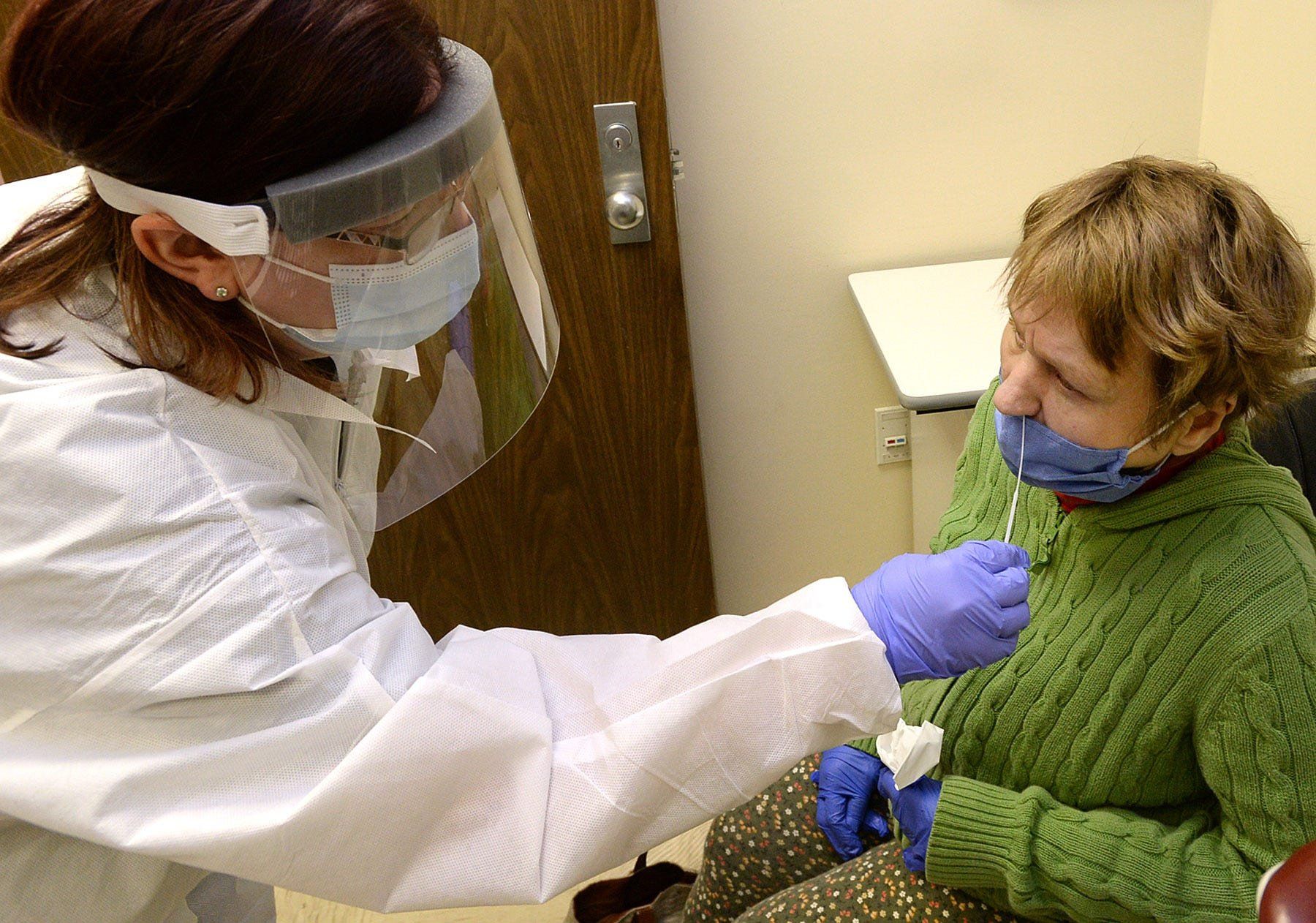A new COVID subvariant, EG.5 or Eris, is on the rise in the US and Canada. The World Health Organization has classified it a variant of interest and is monitoring it in the run-up to autumn, when students head back to school and people spend more time indoors.
The WHO compares it to other current variants and says it poses a low risk. In the US, where Eris accounts for 17% of COVID cases nationwide, experts are telling people to keep an eye on it. It’s also on the rise in Canada, where it’s predicted to be responsible for 36% of cases this month. The country’s new health minister, Mark Holland, says he is monitoring the situation “very closely.”
In recent weeks, COVID hospitalizations have increased globally, blamed in part on the more-contagious Eris. With some speculating that the fall uptick in cases has already arrived, autumn boosters are still on their way … and there’s no guarantee people will line up to get them. The CDC reports that as of May, 85.8% of the US population aged 5 and older have had at least one vaccine, 73.5% have had two doses, and only 18% have received the bivalent booster.
Health Canada reports that 83.2% of Canadians have had at least one dose, with 80.5% completing the series. Based on the latest data, in the last six months, only 5.7% of Canadians completed their primary series of vaccines or received a booster as of June 23 (figures exclude Quebec).
The rub: COVID jabs are not front of mind for most folks, and health authorities hope that will soon change.
The fall booster, due in late September, is a new formulation targeting XBB variants. Canada recommends getting a fall shot and is providing boosters to those who want one. The US government, meanwhile, will no longer pay for public COVID vaccines. It’s moving to a commercialized model, but Moderna has promised to offer shots for free to uninsured Americans.